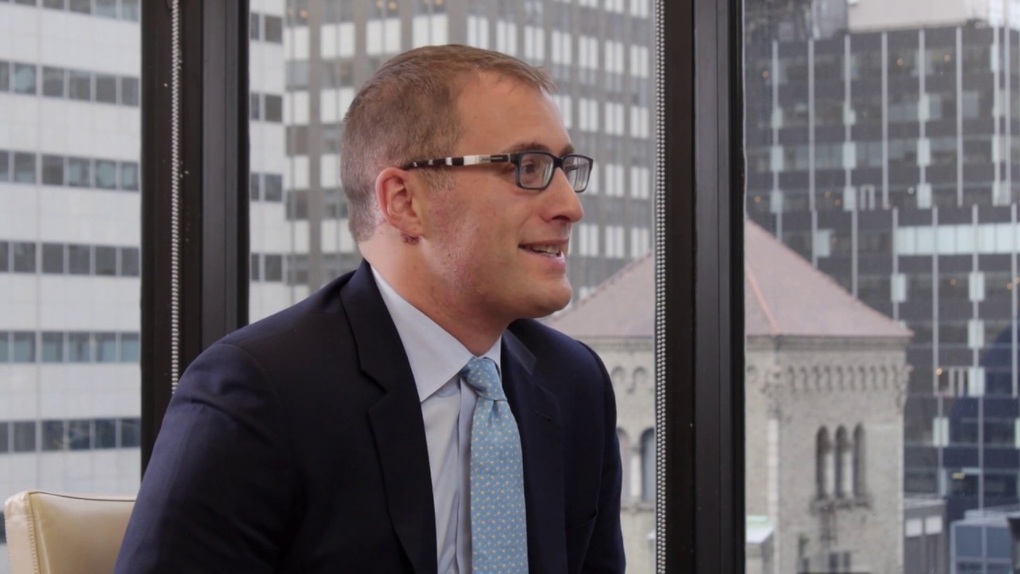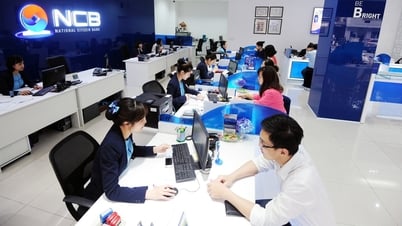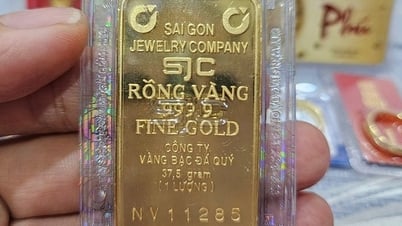“What does love have to do with it?” Tina Turner once sang. If you ask that question in the world of investing, David Miller, chief investment officer of Catalyst Funds, would answer without hesitation: “Not much.”
In a candid conversation with Wall Street investor Chris Versace, Miller revealed his go-to formula for screening investment opportunities, a philosophy that could completely change the way you look at the markets.
Exclusive Hunting Recipe: Why Stay Away From Airlines and Restaurants?
Miller's first and most important rule is simple: Create a monopoly and avoid competition. He learned this advice from billionaire investor Peter Thiel. "In business, you're either in a highly competitive environment or you have a monopoly or a quasi-monopoly," Miller says. "Obviously, everyone wants to be in the latter."
That’s why he steers clear of industries like airlines and restaurants, which, while glamorous, are “traps” with huge fixed costs, razor-thin profit margins, and the potential for bankruptcy.
In contrast, look at the real giants: Visa, Mastercard, Microsoft, Apple, Adobe, or Nvidia. What do they have in common? Extraordinary profit margins—they make a lot of money on every product they sell, massive free cash flow—cash flowing into their pockets all the time, and unassailable competitive advantages—they create economic moats that are hard for competitors to overcome.
“Why would you put money into companies that are struggling to compete,” Miller asks, “when the best-performing stocks in history have been monopolies or near monopolies?”

David Miller, chief investment officer of Catalyst Funds, advises to put aside emotions when investing, and focus on what people need, not just want (Photo: catalystmf.com).
The "Ecosystem" Test: Are You Stuck?
How to spot a potential “monopoly”? Miller offers a simple test: see if you’re “voluntarily trapped” in its ecosystem. Apple is the perfect example.
“Once you’re in the Apple ecosystem, you pretty much belong to them,” Miller said. “You don’t have many options to leave, and that’s why they make huge profits.”
And here's the bottom line, and Miller's most profound secret: "The ideal business is one that people will buy from, even if they don't like the brand."
He openly admitted that he liked Apple products but disliked Microsoft. However, he was still a loyal customer of both. Why? Because he "needed" them for work and life. Need won over emotion.
When a business is "watched": It's a buy signal!
One of the strangest but surest signs that you've found a gold mine, Miller says, is when the company starts being investigated by government agencies for monopoly behavior. "When courts start bringing companies before you for alleged monopoly, that's a sign that you really have the characteristics of a monopoly," he says.
He used the example of Microsoft. If an investor had bought Microsoft stock when the company was hit with an antitrust lawsuit from the US Department of Justice in the late 1990s, they would be in an extremely strong financial position today.
Tesla, despite its turmoil, is also seen as a modern example of an emerging monopoly. “When people decide to buy an electric car, they tend to choose Tesla because everything from charging stations to software is part of their ecosystem,” Miller explains.
Final Advice: Don't Invest in an Industry That's "Profit-Hungry"
Finally, the expert warns about one type of "monopoly" that investors should stay away from: industries with tight profit controls by the government, such as electricity or water.
“We look for growing monopolies, not companies whose profitability is strangled by regulation,” he concluded.
David Miller’s message is clear: invest with a cool head. Don’t ask if you “like” the product. Ask: Do people “need” it? Is there a growing demand? If the answer is yes, you may be looking at an investment opportunity of a lifetime.
Source: https://dantri.com.vn/kinh-doanh/mua-co-phieu-cong-ty-ban-ghet-la-chien-luoc-lanh-lung-de-thang-lon-20250606230208178.htm


























































































![[OCOP REVIEW] Tu Duyen Syrup - The essence of herbs from the mountains and forests of Nhu Thanh](https://vphoto.vietnam.vn/thumb/402x226/vietnam/resource/IMAGE/2025/6/5/58ca32fce4ec44039e444fbfae7e75ec)






Comment (0)